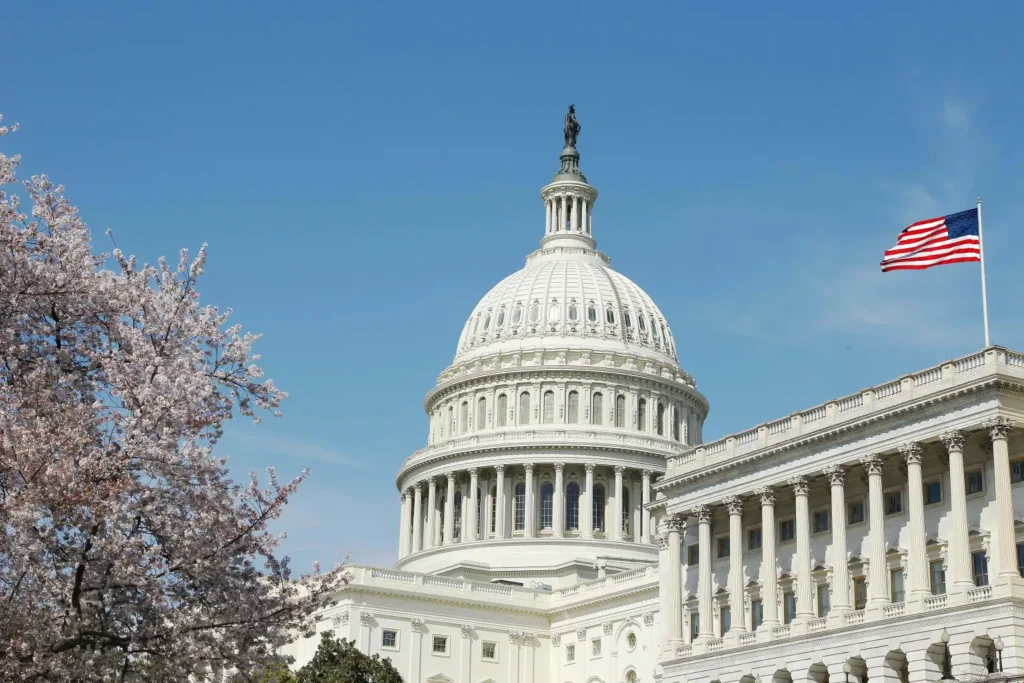Private enterprise innovation in the U.S. is increasingly aligning with public priorities, creating new opportunities for technological leadership. Major federal investments and regulatory approvals are opening critical domains such as quantum computing, autonomous drones, and data security.
The Department of Energy (DOE) is spearheading quantum research initiatives, including funding for National Quantum Information Science Centers and first-of-its-kind collaborations for space-based quantum demonstrations. These programs aim to commercialize quantum sensing, communications, and computing, strengthening U.S. leadership in next-generation technologies.
In drone technology, companies like Sunflower Labs have secured federal approval for beyond-visual-line-of-sight operations. Combined with Series B funding, this authorization allows large-scale deployments of autonomous security drones across commercial and industrial sectors. Such regulatory support accelerates adoption and expands potential applications.
Data-security startups are also benefiting from increased alignment with federal priorities. Platforms that detect, classify, and protect sensitive enterprise data across cloud, SaaS, and endpoints are seeing heightened support and investment, reinforcing the nation’s competitive edge in cybersecurity.
Industry experts note that these initiatives demonstrate a strategic synergy between public and private sectors. Federal funding, regulatory approvals, and public research partnerships provide startups with resources, market access, and technical guidance. In turn, private companies drive innovation, commercialize cutting-edge technologies, and deliver solutions at scale.
The convergence of enterprise innovation with government priorities also encourages the adoption of AI and automation. Quantum computing and sensing, autonomous drones, and AI-powered security platforms are examples of technologies that benefit from both investment and regulatory facilitation. These advances position the U.S. to lead globally in high-tech industries.
Federal support is further enhancing research commercialization. Public-private partnerships enable startups to test experimental technologies, develop prototypes, and expand market reach while complying with safety and regulatory standards. This integrated approach accelerates innovation cycles and drives economic growth.
Experts emphasize that U.S. tech leadership relies on a balanced ecosystem of government policy, private enterprise, and academic research. Initiatives in quantum, drones, and cybersecurity illustrate how coordinated efforts can turn scientific breakthroughs into practical, scalable solutions.
The alignment of innovation and public priorities also fosters workforce development. Emerging technologies require skilled engineers, scientists, and cybersecurity professionals. Federal programs and funded startups provide training and career pathways, ensuring a pipeline of talent to sustain long-term technological leadership.
Overall, federal investments and regulatory support are unlocking new domains for U.S. technology. By supporting startups and guiding innovation in quantum, autonomous drones, and data security, the government is helping position the country as a global leader in advanced technologies.
This coordinated approach highlights the importance of combining public resources with private ingenuity. As companies leverage funding, approvals, and partnerships, the U.S. is poised to maintain its edge in emerging tech sectors while fostering innovation, security, and economic competitiveness.



